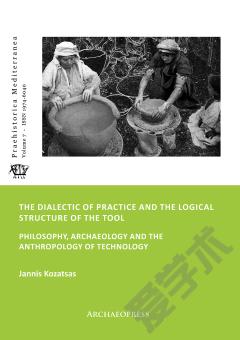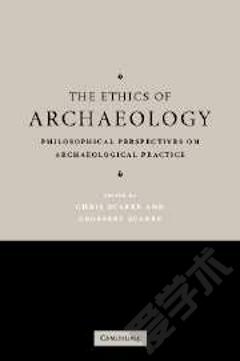The Dialectic of Practice and the Logical Structure of the Tool —— Philosophy, Archaeology and the Anthropology of Technology
----- 实践的辩证法与工具的逻辑结构:哲学、考古学与技术人类学
The Dialectic of Practice and the Logical Structure of the Tool undertakes a critical review of recent trends in the archaeological and anthropological theory of technology from processual neo-positivism and postprocessual relativism to the contemporary French and American anthropology, and the symmetrical theory of material culture. On the basis of a critique of their logical premises and epistemological consequences, it draws on the tradition of Hegelian dialectics in order to propose an alternative understanding of technology as a material social practice within which the subject and the object –the socio-cultural and the natural– are produced concurrently as inter-constituted elements, and they are unified through their mutual negative relation to each other. Consequently, it is argued that this dynamic practical relation is consolidated in the concept of the tool. The analysis of its logical structure shows its role as an immanent moment of technological practice. According to Hegel, a tool is not a neutral means for transmitting subjective ends to an external object but the material expression of the practical relationship between artisan and matter, and of their negative unity within practice. Concerning this point, the discussion follows a detailed reconstruction of Hegel’s theoretical reflections on the tool concept, and it evaluates their significance for the contemporary debates on the question of techniques and technology.
{{comment.content}}








 京公网安备 11010802027623号
京公网安备 11010802027623号